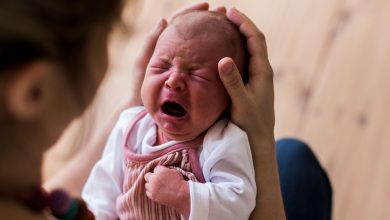If you live in a crowded, cramped accommodation, you definitely are in a place with a relatively high risk of structural fire.
Someone smoking in bed – an absolute no-no! The “octopus connection,” meaning an overloaded extension cord. Peers having charcoal barbecue at, of all places, the kitchen and right next to the gas cylinder, complete with a roaring electric fan to keep the coal burning red. An unattended flat iron… the whole nine yards.
In fact, possible causes of fire are all around you and you may have not noticed. Why? Probably because you were too busy with your daily grind to pay attention to them or you just plain didn’t know.
This, plus the absence of smoke sensors and alarm systems, especially in old buildings, give you the quintessential textbook recipe for a fire.
The number of fires that broke out in buildings and establishments across the UAE from January to June this year reached 928, leaving 115 injured and 12 dead.
The number of fires that broke out in buildings and establishments which were handled by Civil Defence Centres across the UAE from January to June this year reached 928, leaving 115 injured and 12 dead, according to Major General Al Marzouki, General Commander of the Civil Defense.
The number of deaths related to fire incidents has dropped 8 per cent from the same period in 2016 and the number of injuries are down 47 per cent, said Major Geeral. Al Marzouki
Citing studies, officials said the main reason behind residential fires is lack of awareness about preventive measures, which leads to carelessness. In most cases, fires in houses, villas and flats start at the ground level, officials also said.
Here is a list of what to look for to minimize the incidence of fire in your place:
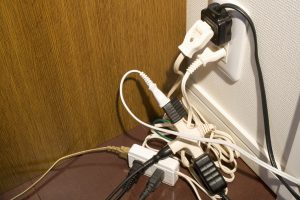

1 Octopus extension cords.
A very common sight at shared accommodations, octopus outlets should be avoided. Clusters of wires and plugs can be a fire hazard, along with using extension cords as permanent wiring. Remember that these products were never meant to be used that way. Octopus wirings is dangerous because it generates too much heat when the total electrical current that passes through the wires exceeds capacity.
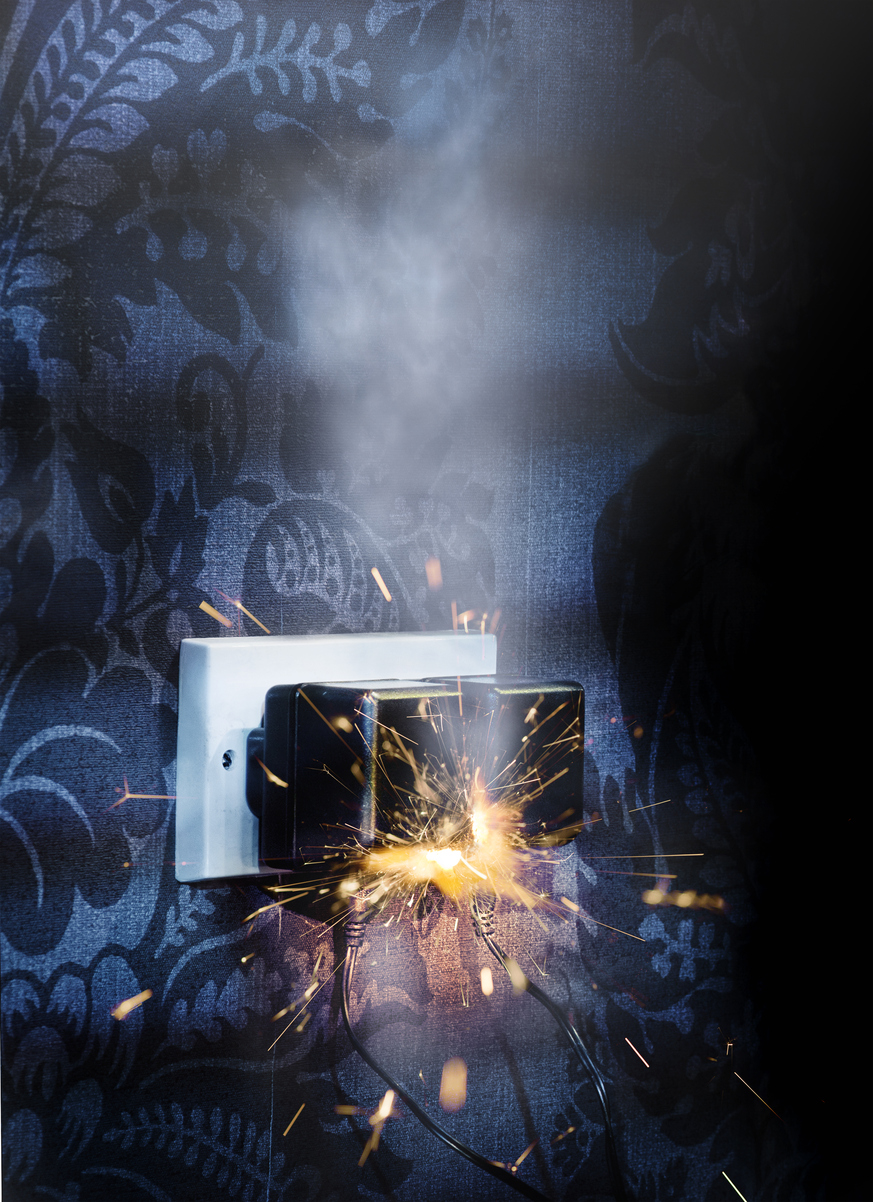

Most electrical fires are caused by faulty electrical outlets and old, outdated appliances. Other fires are started by faults in appliance cords, receptacles and switches. Never use an appliance with a worn or frayed cord which can send heat onto combustible surfaces like floors, curtains, and rugs that can start a fire.
Running cords under rugs, a common practice at shared accommodations, is another cause of electrical fires. The reason appliances have the extra prong is so they can be only used in outlets that can handle the extra amount of electricity that these appliances draw.
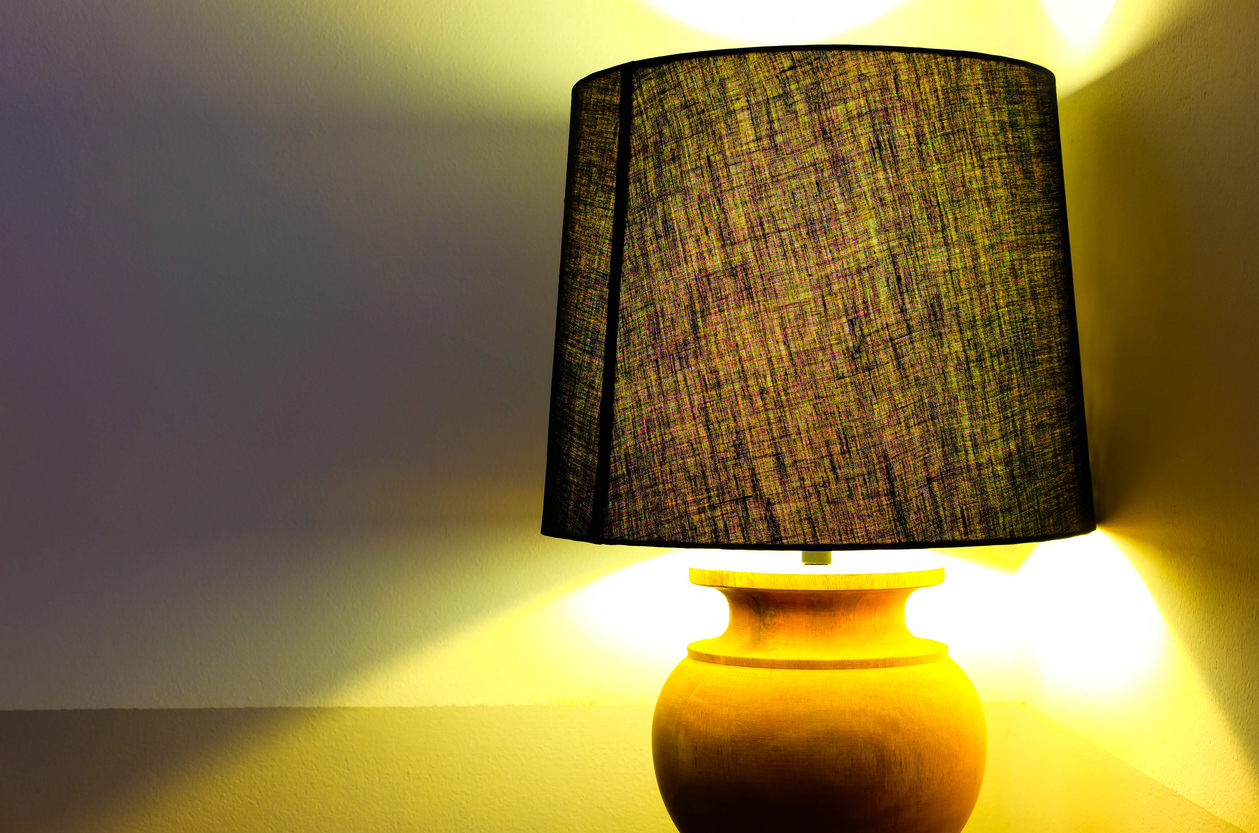

3 Light fixtures
Light fixtures, lamps and light bulbs are another common reason for electrical fires. Installing a bulb with a wattage that is too high for the lamps and light fixtures is a leading cause of electrical fires. Always check the maximum recommended bulb wattage on any lighting fixture or lamp and never go over the recommended amount.
Another cause of fire is placing materials like cloth or paper over a lampshade. The material heats up and ignites, causing a fire. Faulty lamps and light fixtures also frequently result in fires.
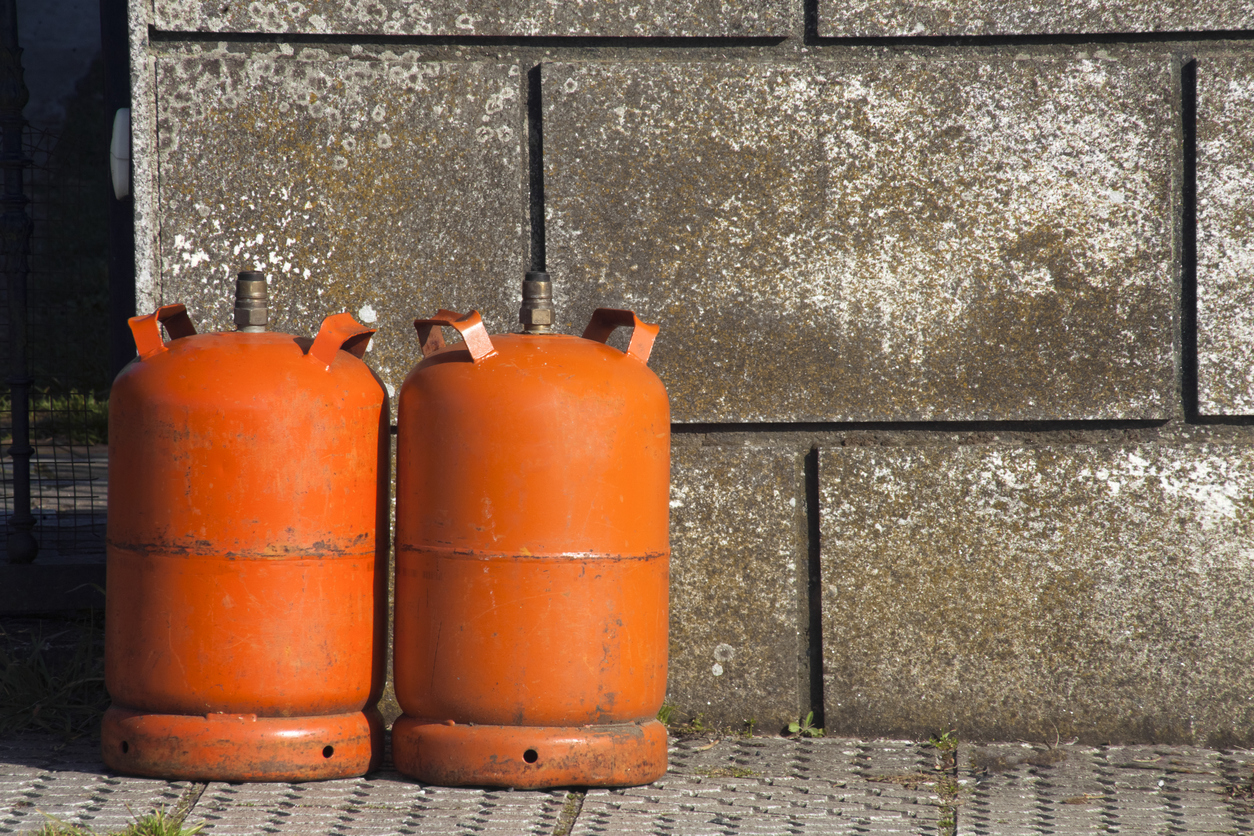

4 Unattended gas cylinder.
One of the most common and devastating causes of fire are unattended gas cylinders and open gas stoves that leak the gas. This is among reasons why most shared accommodations have signage posted in the kitchen requesting that occupants turn the gas cylinder knob off after using.
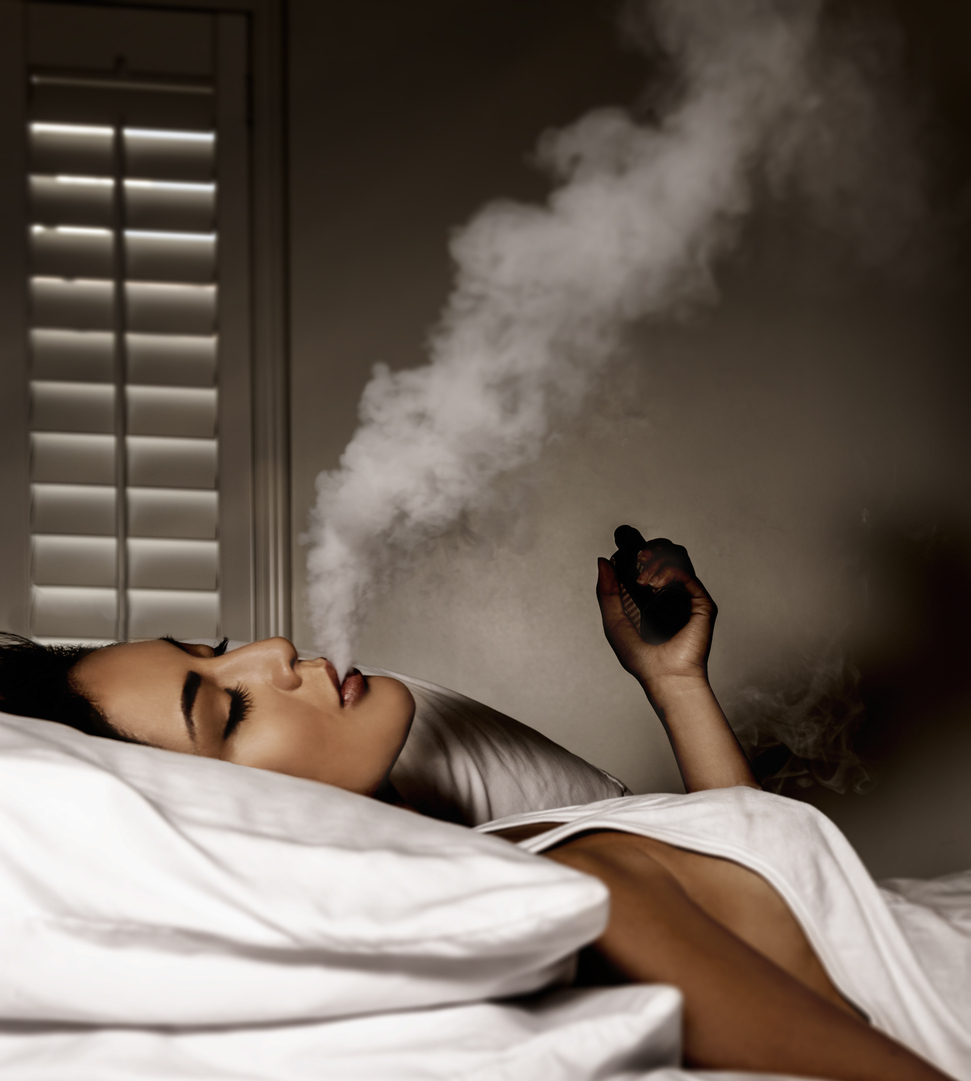

5 Smoking in bed.
Authorities say 25 % of fires are caused by smoking, thus all occupants of shared accommodations should be advised to never smoke in bed and leave burning cigarettes unattended. Also, they should keep ashtrays away from upholstered furniture and curtains.
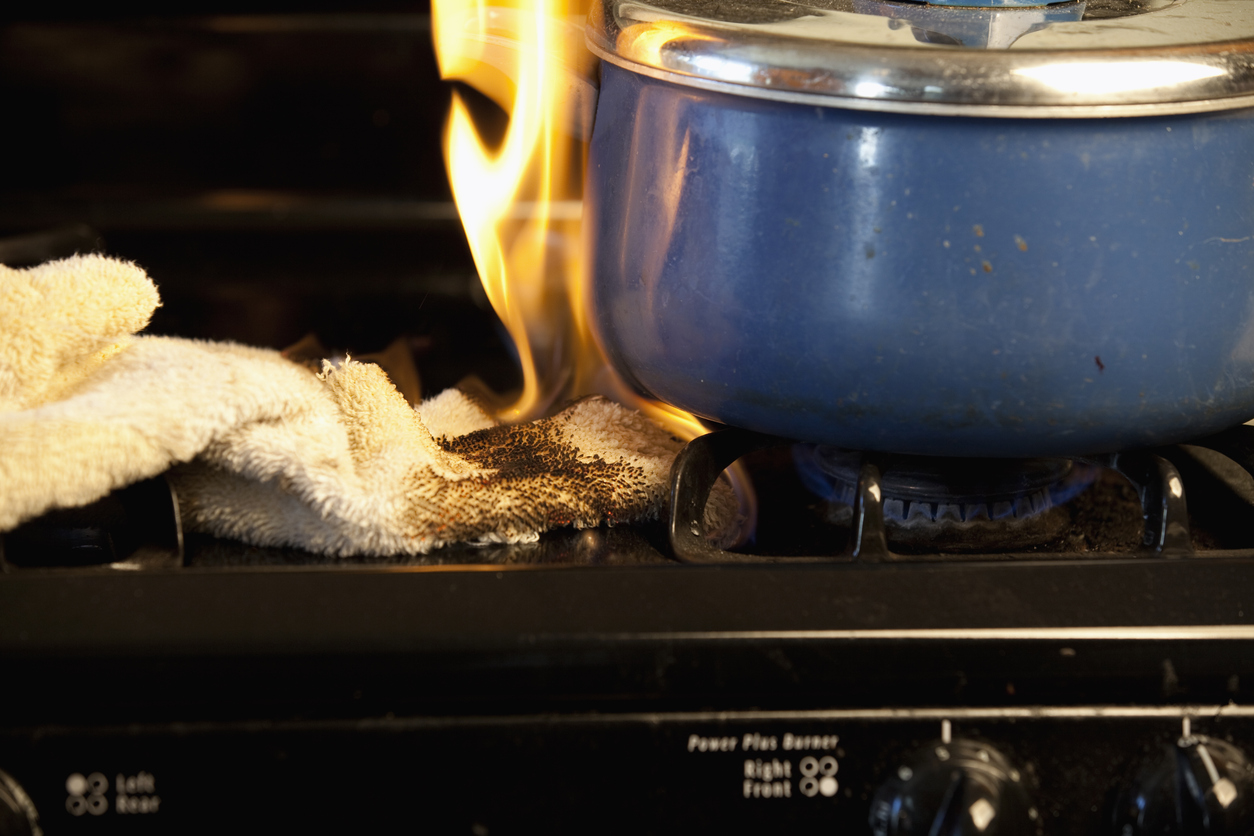

6 Unsafe kitchen.
The kitchen, as people say, is where the heart of the home is. It is also where fire could start. Kitchens have several risk sources, but certain precautions can reduce them significantly.
When you are cooking food on the stove, do not leave the kitchen for a long period of time. Make sure that the stove is turned off and small appliances are unplugged before going to bed. Cook oil and grease slowly and watch it closely while it heats.
Leave at least a meter’s distance between any source of fire or heat and flammable materials. Keep dangling clothing away from fire sources and keep curtains and other combustibles away from the stove.
Also, make sure children are not unattended in the kitchen. Lock matches and lighters in a closed cabinet and keep them away from the reach of children. Make sure that only adults lit candles, children are not allowed to do this.
Lastly, keep a fire blanket in the kitchen.
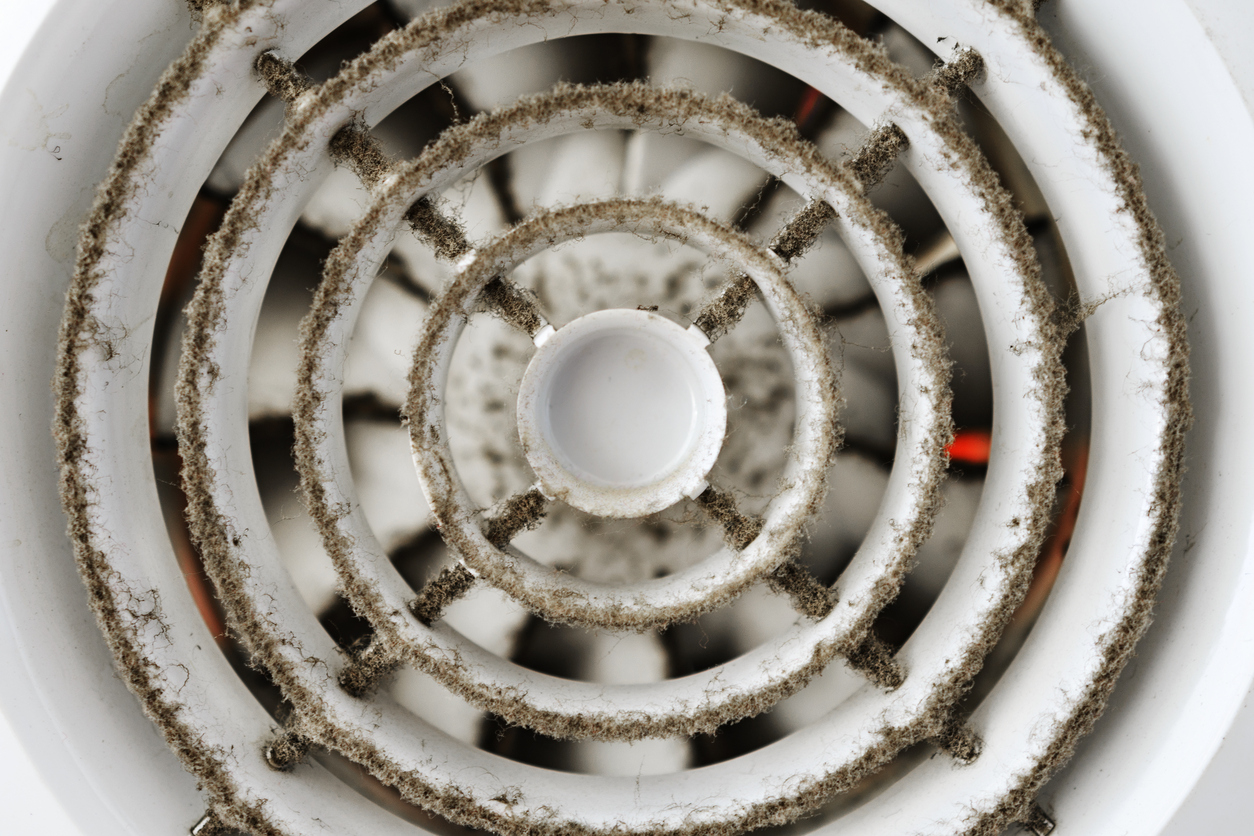

7 Accumulation of oil at the suction fan in the kitchen.
Still on kitchens, greasy suction fans are also sources of fire so be sure to keep yours clean. Kitchen extractor fan can actually be a massive fire hazard due to a build-up of dirt and grease inside. Authorities said 70% of fires in commercial kitchens such as in public houses, restaurants and takeaways are caused by a build-up of dirt and grease internally in extractor and ventilation fans/systems.
Suffocation
Meantime, As fire incidents, in most cases, start at the ground level. There is a greater likelihood that victims would die of suffocation that getting burned alive.
If there is a lack of ventilation, the smoke climbs up to the higher floors because hot air goes up, cold air goes down.
Fire experts say smoke is the silent killer in fire accidents as it causes suffocation. The danger, they said, increases manifold if residents are asleep, because the victims do not feel the smoke until they almost choke.
This is why smoke sensors are very important. The alarm alerts residents who could then can get out of the danger zone before the smoke becomes heavy.
UAE introduces new, stricter fire safety code
In related developments, The UAE’s revamped Fire Safety and Life Protection Code is a huge step towards eliminating some of the chief causes of big fires.
Launched in January 2017, the updated code will ensure that all new developments use fire-safe external cladding. Existing buildings will also have to comply with new maintenance standards.
This code now has 20 chapters and some 784 3D illustrations that help engineers to comply with regulations and plan safer buildings.
The chapters added to the updated code include new requirements for villas; fire alert and alarm systems in residential buildings; requirements for boats in the marina, and how they should be docked.
Around 1,000 buildings across the UAE are believed to be covered in older-specification cladding panels. Building developers will be responsible for ensuring that the cladding on an existing building is adequately safe and durable. If not, then the cladding should be replaced when the building undergoes maintenance.
Industry specialists believe that the new fire safety code will make building owners and maintenance providers pay more attention to fire risks, particularly the type of cladding used and its life cycle.
Most cladding systems deteriorate and need to be replaced at some point during a building’s lifetime. A cladding system’s life cycle tends to range from 20 to 50 years. This can be much less in the UAE because of the climate, exacerbated by poor maintenance.



